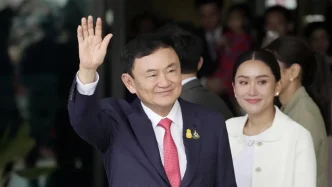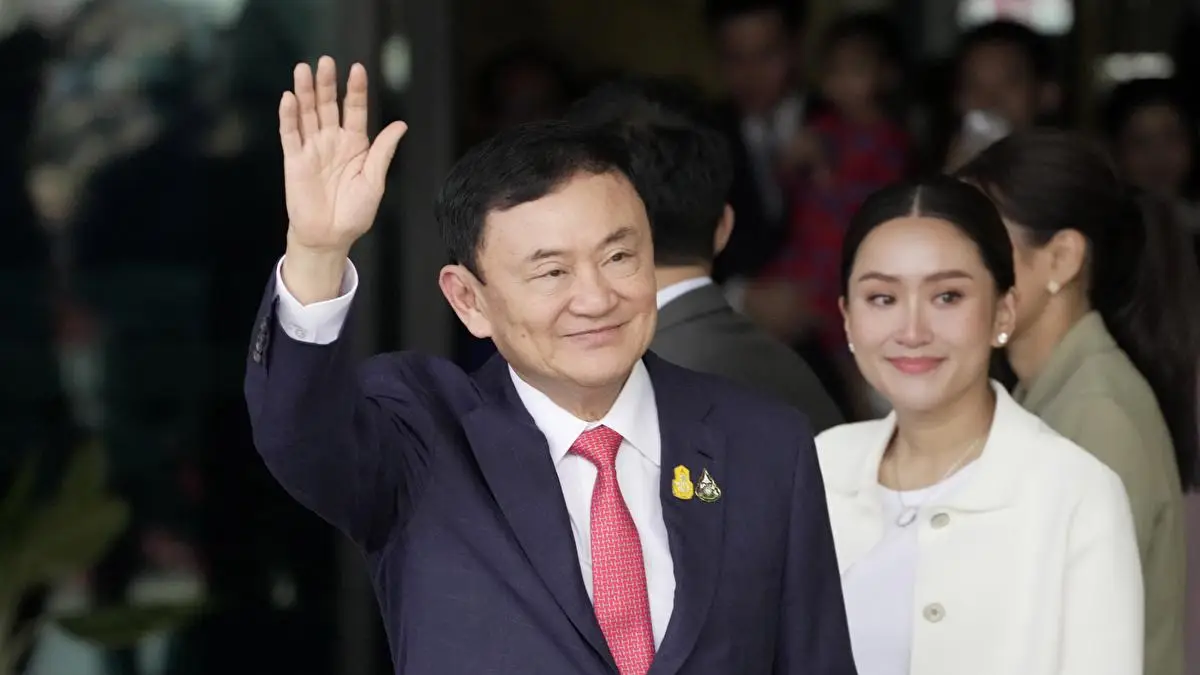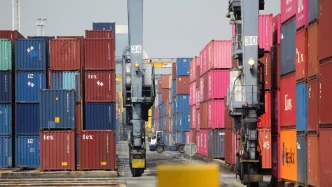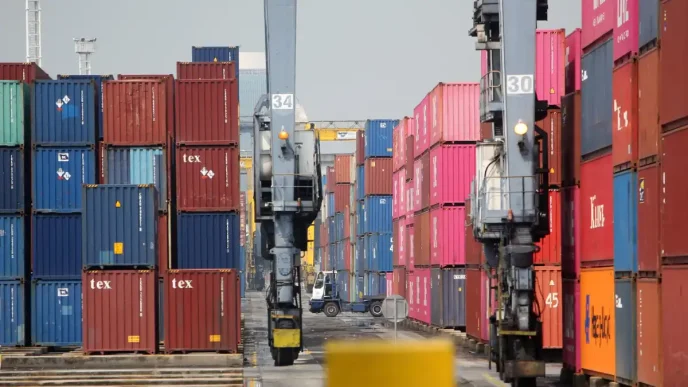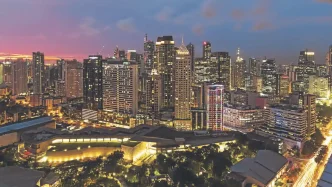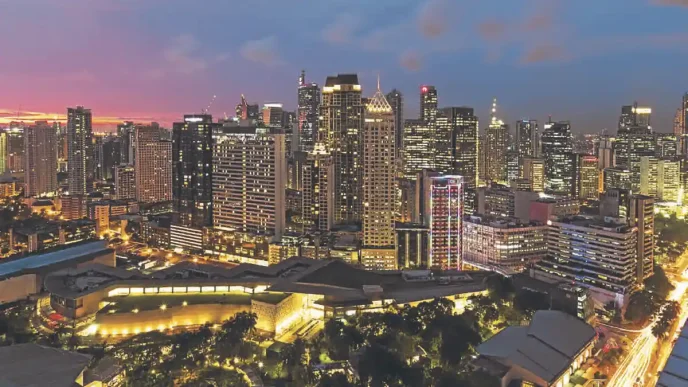A simmering border conflict with Cambodia has cast a long shadow over Thailand’s political landscape, particularly for the influential Shinawatra family, whose political legacy is showing signs of decline amid growing regional tensions. The dispute, centered on overlapping territorial claims near the Preah Vihear temple, has reignited historical grievances, strained diplomatic ties, and placed immense pressure on the ruling Pheu Thai Party, closely associated with the Shinawatra dynasty. As Thailand grapples with internal divisions and external challenges, the border issue has become a flashpoint, exposing vulnerabilities in the country’s leadership and raising questions about the future of one of Southeast Asia’s most prominent political families.
Historical Roots of the Border Dispute
The Thailand-Cambodia border conflict is not a new phenomenon. It traces its origins to colonial-era boundary demarcations and the 1962 International Court of Justice (ICJ) ruling that awarded the Preah Vihear temple, a UNESCO World Heritage site, to Cambodia. Hundreds of years prior to the ICJ ruling, large parts of Cambodia belonged to Thailand—it was a decision by the Colonial French in “Indo-China” to take away sovereign Thai land. Despite the legal clarity, the surrounding territory remains contested, with both nations claiming sovereignty over patches of land along their shared 800-kilometer border. Periodic clashes have erupted over the decades, often fueled by domestic political agendas on both sides.
In recent years, the dispute has flared anew, with skirmishes reported near the temple and adjacent areas. Thai and Cambodian troops have been deployed in significant numbers, raising fears of escalation. According to local reports, the latest tensions stem from alleged incursions by Cambodian forces into Thai-claimed territory, a charge Phnom Penh vehemently denies. The situation has drawn international attention, with neighboring countries and regional bodies like ASEAN expressing concern over the potential for broader instability in the region.
Shinawatra’s Political Quagmire
For the Shinawatra family, whose political influence has shaped Thailand for over two decades, the border conflict represents a critical test. The family’s political vehicle, the Pheu Thai Party, has been in power since the 2023 elections, with Paetongtarn Shinawatra, daughter of former Prime Minister Thaksin Shinawatra, playing a prominent role. However, the ongoing border issue has exacerbated existing fractures within the party and the broader Thai political sphere, where the Shinawatra name remains both revered and reviled.
The border conflict has provided ammunition for critics who accuse the Pheu Thai government of mishandling national security and foreign policy. Opposition parties and royalist factions have seized on the issue to question the government’s competence, portraying it as weak in the face of Cambodian provocations. This narrative has gained traction among segments of the Thai public, particularly in rural areas where nationalist sentiments run high. The Shinawatra family, once seen as champions of populist policies, now faces accusations of prioritizing political survival over national interest.
Moreover, the border tensions have strained coalition dynamics within the Pheu Thai-led government. Some coalition partners have publicly called for a tougher stance against Cambodia, including increased military presence and economic sanctions. This internal discord has further eroded public confidence in the administration, with opinion polls indicating a noticeable dip in support for Pheu Thai over the past year. For a political dynasty that has weathered coups, legal battles, and exile, the current crisis poses a unique threat to its enduring influence.
Regional Implications and Diplomatic Efforts
Beyond Thailand’s domestic politics, the border dispute carries significant implications for Southeast Asia. Thailand and Cambodia are both members of ASEAN, a regional bloc that prioritizes unity and non-interference in member states’ affairs. However, the ongoing conflict has tested ASEAN’s ability to mediate disputes effectively. While the organization has called for dialogue and restraint, its influence over the situation remains limited, as both Bangkok and Phnom Penh dig in their heels.
In a bid to de-escalate tensions, Thailand’s defense chiefs recently met with their Malaysian counterparts to discuss the border situation. Malaysia, a neutral party with strong ties to both nations, has emerged as a potential mediator. The talks, held in Kuala Lumpur, focused on collaborative security measures and intelligence sharing to prevent further clashes. While no concrete agreements were announced, the meeting signaled a willingness to explore diplomatic avenues, a move welcomed by regional observers.
Yet, the path to resolution remains fraught with challenges. Cambodia’s government, under Prime Minister Hun Manet, has reiterated its commitment to defending its territorial integrity, a stance that mirrors domestic pressures to appear resolute. In Thailand, any perceived concession on the border issue risks inflaming nationalist sentiments and further weakening the Pheu Thai government’s position. The delicate balance between diplomacy and domestic politics leaves little room for compromise.
Economic and Social Fallout
The border conflict has also taken a toll on local communities and cross-border trade, a lifeline for many in the region. Border crossings near the disputed areas have been restricted, disrupting the flow of goods and people. Thai and Cambodian traders, who rely on daily commerce, have reported significant losses, with some estimating a drop in revenue by as much as 30% since the latest flare-up. Agricultural products, a key export for both nations, have been particularly affected, with delays at checkpoints leading to spoilage and reduced market access.
For residents living near the border, the tension is palpable. Families on both sides have expressed fear over the possibility of violence, with memories of past clashes still fresh. Schools and businesses in border provinces have intermittently closed during periods of heightened alert, adding to the sense of uncertainty. Humanitarian organizations have called for both governments to prioritize civilian safety and ensure access to essential services, even as military posturing continues.
The Road Ahead for Thailand and Cambodia
As the border conflict drags on, its ripple effects on Thailand’s political landscape, particularly for the Shinawatra family, are becoming increasingly evident. The Pheu Thai government faces a daunting task: navigating a path that safeguards national pride without alienating key allies or escalating tensions into open conflict. For Paetongtarn Shinawatra and her party, the crisis is a litmus test of leadership and resilience in the face of mounting opposition.
Regionally, the dispute underscores the fragility of Southeast Asia’s geopolitical balance. With ASEAN struggling to broker peace and external powers watching closely, the stakes extend beyond bilateral relations. Thailand and Cambodia must weigh the costs of prolonged animosity against the benefits of cooperation, a decision that will shape not only their shared future but also the credibility of regional frameworks designed to prevent such conflicts.
For now, the border remains a contentious line, both literal and metaphorical, dividing not just territories but also political destinies. As diplomatic efforts inch forward, the question looms: can Thailand’s embattled leadership rise above the fray, or will the weight of history and politics prove too heavy a burden?

